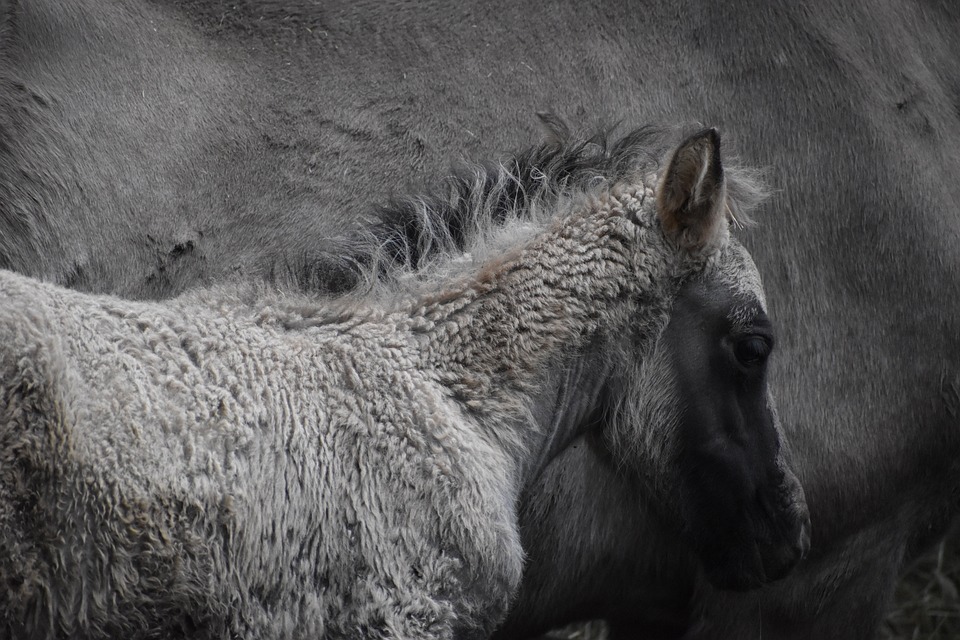The US House of Representatives is currently considering the Interior, Environment, and Related Agencies Appropriations Act (H.R. 8998), a bill that has raised concerns among conservationists for its severe cuts to funding for conservation efforts in the coming fiscal year. The bill, if passed, would significantly reduce the budget for the Department of the Interior, including a substantial cut to the US Fish and Wildlife Service budget. This reduction in funding would have a detrimental impact on efforts to protect and recover imperiled species.
Nancy Blaney, the director of government affairs at the Animal Welfare Institute (AWI), expressed deep dismay at the bill, stating that it does not align with Americans‘ love for wildlife and wild spaces. She highlighted the irresponsible nature of the proposed spending cuts at a time when biodiversity is facing significant threats.
One of the most concerning aspects of the bill is the inclusion of poison pill riders, which are designed to block or remove specific wildlife protections. These riders target efforts to save threatened and endangered species, including blocking funding for the protection of species such as the sage-grouse, lesser prairie-chicken, and grizzly bears. The bill also includes provisions that would delist certain species and prevent the extension of protections to fish held in captivity.
The bill also contains language that would limit the reintroduction of species such as grizzly bears and bison to their natural habitats, as well as restrict the management of predators within the National Wildlife Refuge System. Additionally, the bill aims to block restrictions on the use of lead ammunition or tackle on federal lands, which could have negative implications for wildlife and the environment.
Despite these concerning provisions, there are some positive aspects to the bill related to wild horse and burro management. The bill includes protections against commercial destruction and lethal control of wild horses and burros on lands managed by the Bureau of Land Management (BLM) and US Forest Service. It also proposes funding for the BLM’s Wild Horse and Burro Program, with a focus on humane fertility control methods to manage wild horse populations.
The bill also addresses other wildlife conservation issues, such as increasing transparency around trapping on national wildlife refuges and promoting nonlethal beaver management methods. It also allocates funding for the Prescott Grant Program, which supports marine mammal stranding network organizations in rescuing and rehabilitating marine mammals.
In conclusion, the Interior, Environment, and Related Agencies Appropriations Act raises significant concerns among conservationists for its proposed cuts to conservation funding and inclusion of poison pill riders. While there are some positive aspects to the bill related to wild horse and burro management and other wildlife conservation efforts, the overall impact on imperiled species and biodiversity is cause for alarm. Organizations like the Animal Welfare Institute are working to advocate for stronger protections for wildlife and ensure that conservation efforts are adequately funded and supported.





